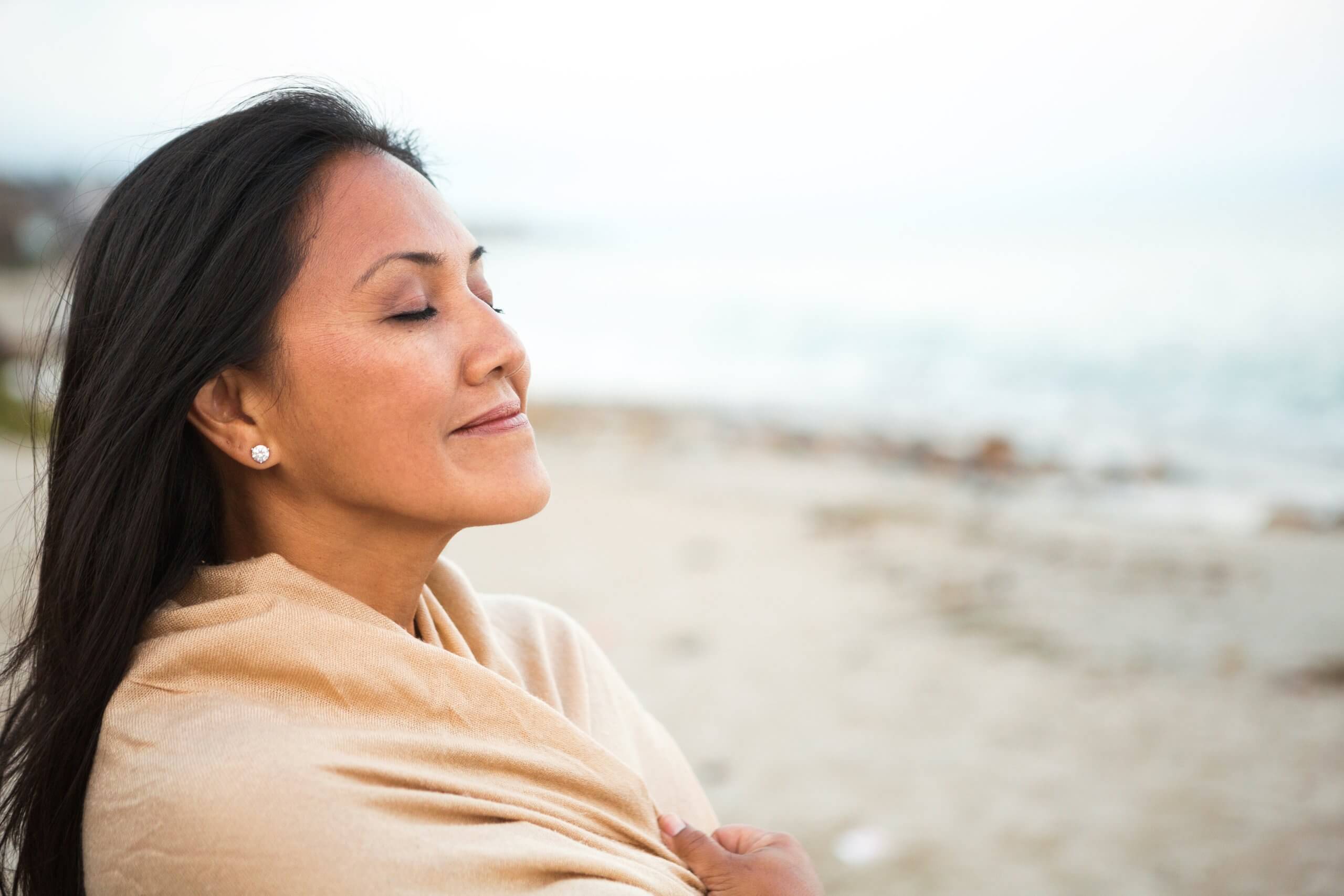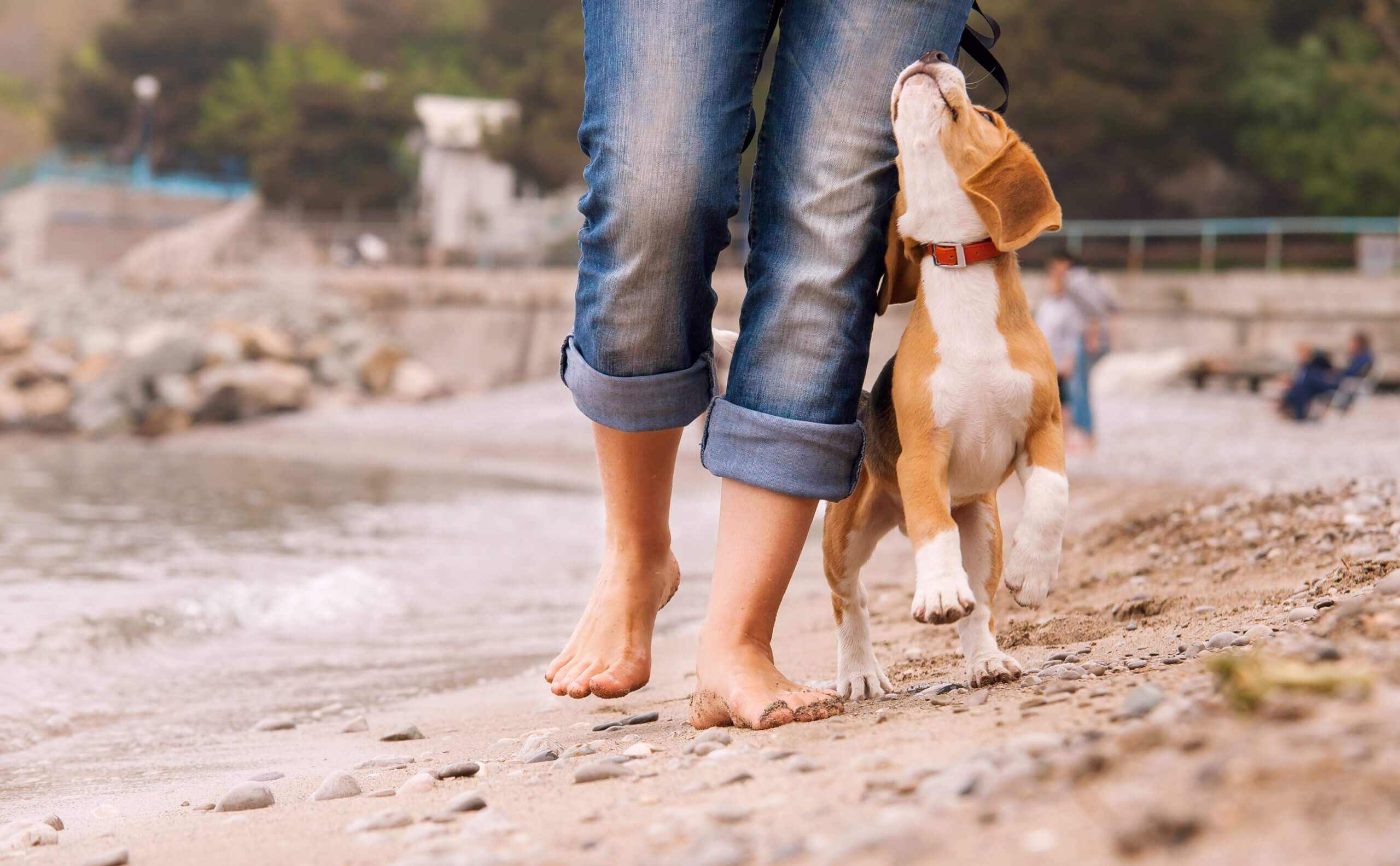We are told that self-love (self-care) is essential for physical, mental, and emotional health.
But what does loving yourself look like if you’ve spent your life neglecting yourself?
Table of Contents
ToggleWHAT IS SELF-LOVE?
Self-love means caring about yourself and for yourself – ensuring that your physical, mental, emotional, and spiritual needs are met.
Self-love lowers anxiety and stress and helps build self-esteem (a sense of self-worth) and resilience.
Self-love means loving you.
BUT how do we love ourselves when we don’t truly know what self-love means?
DO YOU LOVE YOU?
There’s a primal need in us to belong – to be loved, liked, and accepted by those in our lives.
Yet many of us feel isolated, lonely, and unloved.
Some people believe they are not good enough.
Some hate themselves.
Some harm themselves.
Some people believe that unless they are in a ‘relationship’, they must be unloveable, that something is wrong with them.
Some believe they are too fat, too ugly, too dumb, too dull, or worthless, and that’s why they are unloved.
And some people live with wounds of rejection, abuse, exclusion, and racism.
Then there’s the voice of family, friends and society in our heads full of ‘shoulds and musts’ – the rules of what it takes to be accepted, to ‘earn’ inclusion, and ‘deserve’ love.
We are also bombarded with advertising messages and images that influence our ideas about how we should look, act, be, own, and do for success.
No wonder we get conflicted when we don’t measure up to what we are told is the ‘ideal’ of beauty, excellence and perfection.
No wonder we give up and shut down, reject ourselves, and believe we are failures.
But here’s the thing – you didn’t fail!
There is no failure.
There is only learning.
And what you learnt is what love is NOT.
IT’S TIME TO QUESTION YOUR LIFE
If you are living a stress-filled life, or feel lonely or unloved, perhaps it’s time you sit quietly and question what love is and what it’s not.
Perhaps the healthiest thing you can do is let go of a need to be loved, liked, or approved of – so no one can manipulate you into believing who and what you should be.
Perhaps it’s time you questioned everything about your life, so you can free yourself from emotional pain and stress and suffering.

WHY ARE WE SUFFERING?
Have you ever wondered why so many people are diagnosed with depression and anxiety?
Have you questioned why so many people are stressed and ill?
Have you ever considered that life has become so medicalised (treating something as a medical problem) that it has created a vast disconnect within ourselves, and stigmatised our struggles to make sense of our lives?
Kermit the frog once said it’s not easy being green.
Being human is not easy either – especially if we lose connection with our innermost sense of self.
Life becomes an empty promise when we do not fulfil our yearning to live a loving, authentic life – which has nothing to do with looks, achievements, things we own, approval or acceptance, or being in a relationship.
How much suffering and trauma have we created because we have rejected ourselves instead of refusing to live a lie, an imitation?
We need to reclaim ourselves and honour who we truly are to heal our inner struggles.
When you have reached your limit of suffering – it can be transforming.
That is when you can say NO MORE!
I deserve better than this!
And I’m going to learn how!
BELONGING TO YOU
At the very core of you, who are YOU?
What do YOU value?
What inspires, energises and fulfils YOU?
Do you even know?
If you don’t question your life, if you get lost in the opinions, marketing ploys, and expectations of others, you will experience insecurity, inadequacy, depression, and self-rejection.
If we are to create inner peace and joy in our lives and heal what hurts us, we need to break the ‘spells’ that manipulate and influence us to be something we are not.
If we don’t belong to ourselves, we will never be free.
Belonging To You Video
FROM UNCONSCIOUS TO LIVING CONSCIOUSLY
How do you perceive yourself?
Do you appreciate yourself?
Do you accept yourself?
Do you treat yourself with kindness and respect?
Do you nurture your health, your growth as a person, and your well-being?
Are you willing to love yourself enough to be genuinely you?
These are the questions we need to ask ourselves.
Because how you see yourself is how you will treat yourself, and it will shape your life.
So close your eyes and ask yourself what is the best version of myself I want to be, and how would that feel, what would that look like?
Then go on a healing journey to let go of all that separates you from your freedom to be and love who you truly are.

YOUR INNER CREATES THE OUTER
Once you have an idea of the person you truly want to be, the next step is to become aware of what is happening inside yourself.
Self-examination is essential because your inner world creates your outer world. And not the other way around.
We tend to get caught up in the externals of our lives (the outer world) and lose touch with our inner world.
We don’t listen, reflect, or be still in silence – until our bodies start talking to us with symptoms.
Instead, we are driven by the ‘demands’ of our lives, our minds racing and full of stressful thoughts (our stories) and fear and anger and blame and shame and sorrow.
We are hard on ourselves and self-critical for what we deem our failures. And this is what creates the unhappy lives we live.
Alcohol, escapism, drugs, or busyness can only numb the inner pain we ignore for so long before symptoms of imbalance can no longer be ignored.
Your symptoms are talking to you. They always have. You just didn’t understand what they were telling you.
Part of our healing journey is to recognise our inner pain, where it sits, how we express or repress it, and the price we pay for continuing to suffer.
HEALING YOURSELF WITH LOVE
To love yourself is to heal and let go of everything that is not love.
Love is essentially energy. It’s the very energy of creation that gives birth and nurtures and protects life.
Self-love is recognising that we are not what has happened to us. You no longer define yourself by your life experiences.
Instead, you learn from your experiences, and you move on. Self-love is a journey of learning and discovery.
Self-love is finally realising that you were not born to fulfil the needs of others – it’s not your job. Your job is to discover and live you!
Discovering yourself doesn’t mean you are not there for others. But others’ needs do not dismiss your own.
Self-love is healing and breaking the cycles of hurt and trauma in your life.
Self-love is learning how to use intention and the power of your mind and heart and body and soul and embracing the discovery of all that is you, on all levels of being.
Self-love is appreciation, acceptance, compassion, kindness, and respect for yourself and the human condition.
We are not born knowing how to love ourselves – that grows from learning, and our actions that support our physical, mental, emotional and spiritual growth.
Self-love means that you nurture your personal growth, health, and well-being.
To love yourself means to take care of yourself, hug yourself, and be your own best friend and cheerleader. And to forgive and surrender all that is not love.
LEARNING TO LOVE YOURSELF
Self-love is a combination of skills and wisdom you gain throughout your life’s journey.
We are all the ‘walking wounded’, living cycles of hurt and suffering until someone breaks the cycle.
Love breaks that cycle. And that someone is you!
Learning to love yourself means asking yourself, what would love do? And then do it!

HEALTH & HEALING RESOURCES
When you go on a healing journey, it can be overwhelming to know where to start. Just start somewhere.
Take the first step. Be an explorer.
And trust yourself. Only you will ever truly know you.
There is no one way to heal, but you can discover what is right for you.
Use your discernment, what you resonate with, to guide you on your path.
Be an adventurer on this journey called life. Your freedom from suffering is worth the steps you take.
We have a Pinterest page you can explore, where we collect natural health and healing resources. It’s full of articles and videos, and discussions that inspire and motivate and teach.
And if you need health support, contact us.
We love helping people heal.
We share what we do on our website’s Our Health Services and Our Team pages.
May love guide you, heal you, and be with you always!
REFERENCES
Cheng, Helen, and Adrian Furnham. “Personality, self-esteem, and demographic predictions of happiness and depression.” Personality and individual differences 34.6 (2003): 921-942.
Khoshaba, D. (2012). A seven-step prescription for self-love. Psychology Today. Retrieved from https://www.psychologytoday.com/us/blog/get-hardy/201203/seven-step-prescription-self-love
Leary MR, Tate EB, Adams CE, Allen AB, Hancock J. Self-compassion and reactions to unpleasant self-relevant events: the implications of treating oneself kindly. J Pers Soc Psychol. 2007 May;92(5):887-904. doi: 10.1037/0022-3514.92.5.887. PMID: 17484611.
Kornfield J. (2008). The art of forgiveness, loving kindness, and peace. New York, NY: Bantam Dell.
MacBeth A, Gumley A. Exploring compassion: a meta-analysis of the association between self-compassion and psychopathology. Clin Psychol Rev. 2012 Aug;32(6):545-52. doi: 10.1016/j.cpr.2012.06.003. Epub 2012 Jun 23. PMID: 22796446.
Marmot M. Self esteem and health. BMJ. 2003 Sep 13;327(7415):574-5. doi: 10.1136/bmj.327.7415.574. PMID: 12969900; PMCID: PMC194072.
Michal (Michelle) Mann, Clemens M. H. Hosman, Herman P. Schaalma, Nanne K. de Vries, Self-esteem in a broad-spectrum approach for mental health promotion, Health Education Research, Volume 19, Issue 4, August 2004, Pages 357–372, https://doi.org/10.1093/her/cyg041
Neff K. (2003). Self-compassion: An alternative conceptualization of a healthy attitude toward oneself. Self and Identity, 2, 85-101.
Orth, U., & Robins, R. W. (2022). Is high self-esteem beneficial? Revisiting a classic question.American Psychologist, 77(1), 5–17. https://doi.org/10.1037/amp0000922
Santos-Rosa FJ, Montero-Carretero C, Gómez-Landero LA, Torregrossa M, Cervelló E. Positive and negative spontaneous self-talk and performance in gymnastics: The role of contextual, personal and situational factors. PLoS One. 2022 Mar 24;17(3):e0265809. doi: 10.1371/journal.pone.0265809. PMID: 35325003; PMCID: PMC8947089.
Sbarra DA, Smith HL, Mehl MR. When leaving your ex, love yourself: observational ratings of self-compassion predict the course of emotional recovery following marital separation. Psychol Sci. 2012 Mar;23(3):261-9. doi: 10.1177/0956797611429466. Epub 2012 Jan 26. PMID: 22282874.




